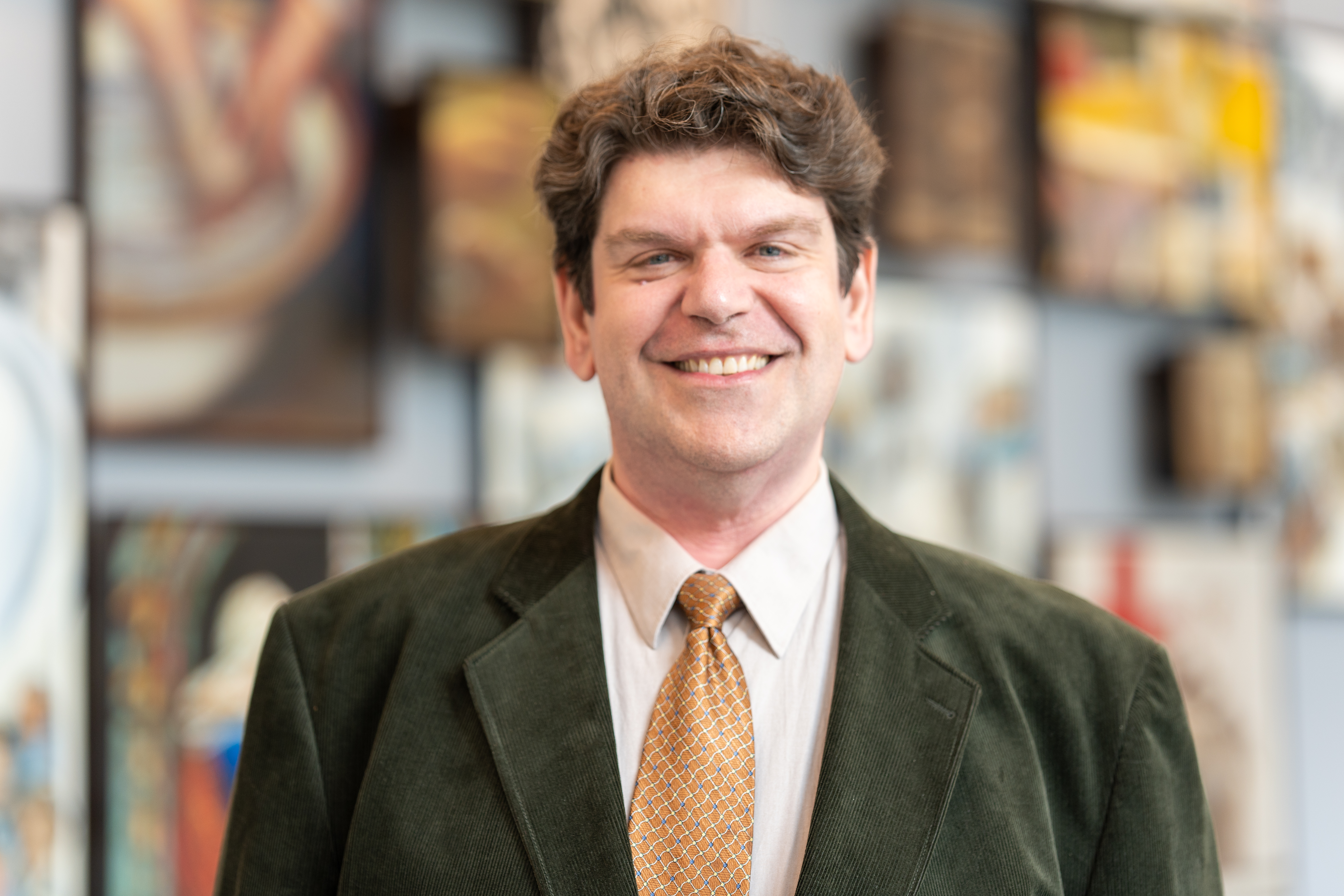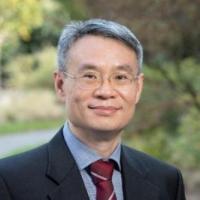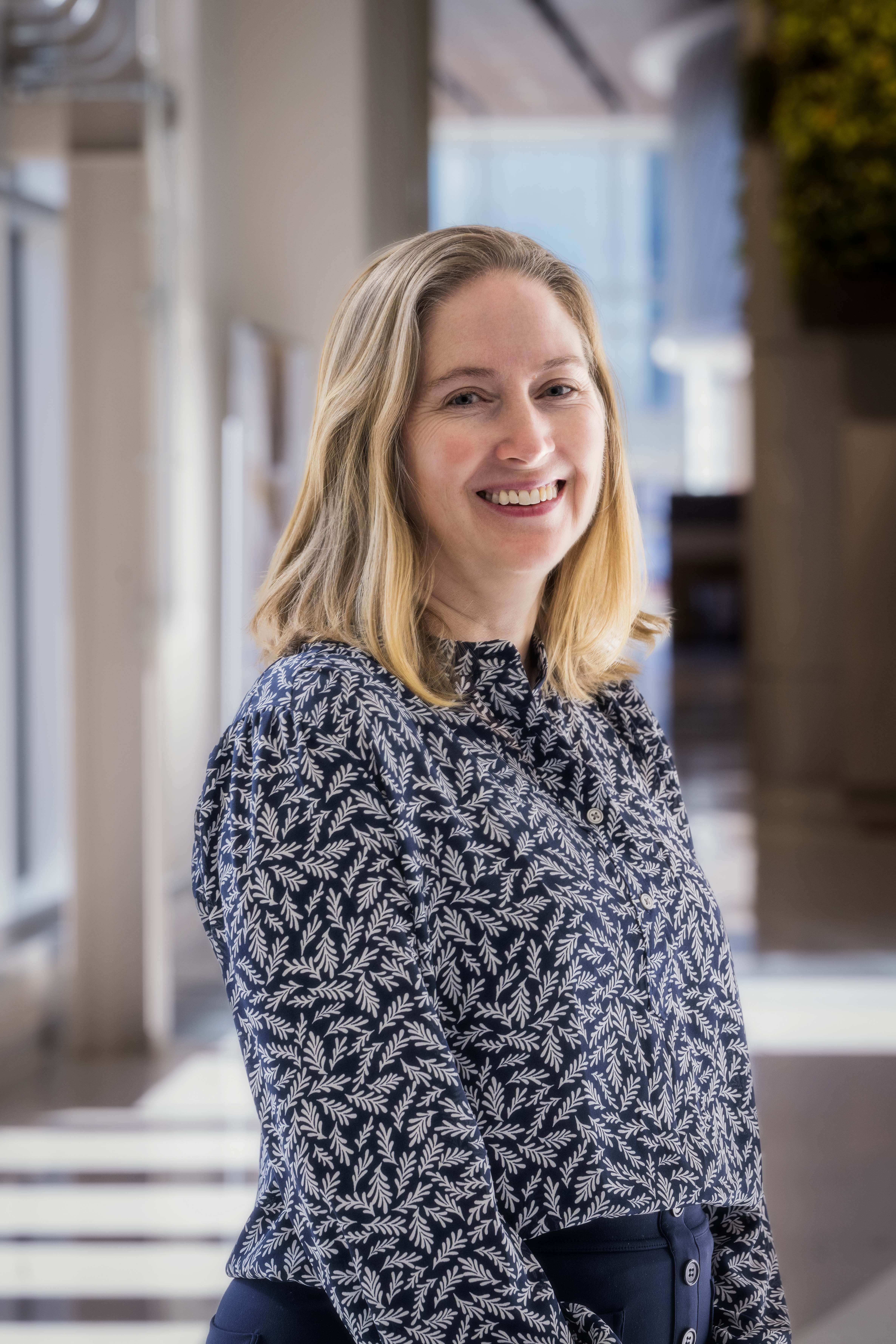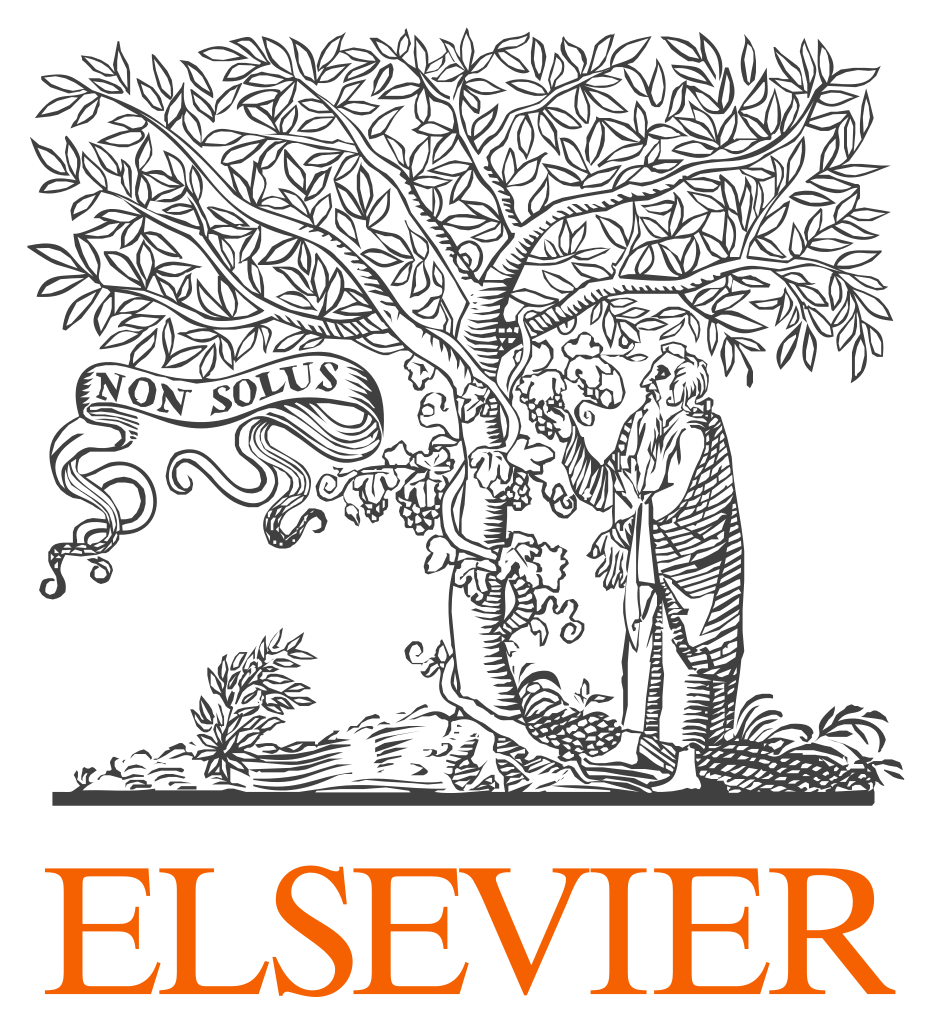Keynote Speakers

|
|
George Demiris, Ph.D. |
|
Penn Integrates Knowledge University Professor, University of Pennsylvania |
Speaker Biography: Dr. Demiris has been at the forefront of the intersection of informatics and nursing science, and his work has introduced new and innovative approaches to old problems in gerontology. He is exploring innovative ways to utilize technology and support patients and their families in various settings including home and hospice care. He has conducted numerous federally funded studies and his work has been funded consistently over the years both by the National Institutes of Health (NIH) and the National Science Foundation (NSF). His expertise is also in designing and evaluating “smart home” solutions for aging, and in understanding the potential of wearable devices or digitally augmented residential settings to facilitate passive monitoring and support independence and quality of life for community dwelling older adults. His research provides evidence-based recommendations as to how to design systems that are easily adopted by older adults and integrated in their lives. He has examined the challenges of privacy and obtrusiveness in the context of technology use, and he has provided a comprehensive examination of technical, ethical, and practical challenges associated with the use of technology to support aging.

|
|
Yiran Chen, Ph.D. |
|
John Cocke Distinguished Professor of Electrical and Computer Engineering, Duke University |
Speaker Biography: As a leader in AI computing, Yiran Chen is the John Cocke Distinguished Professor of Electrical and Computer Engineering at Duke University. He serves as the director of the NSF AI Institute for Edge Computing – Athena, the NSF Industry-University Cooperative Research Center for Alternative Sustainable and Intelligent Computing (ASIC), and the co-director of the Duke Center for Computational Evolutionary Intelligence (DCEI). Dr. Chen is the author of over 600 publications and holds 96 US patents. His contributions have been recognized with numerous awards and honors, including the IEEE Circuits and Systems Society's Charles A. Desoer Technical Achievement Award and the IEEE Computer Society's Edward J. McCluskey Technical Achievement Award. He is a Fellow of the AAAS, ACM, IEEE, and NAI, and currently serves as the chair of ACM SIGDA and the inaugural Editor-in-Chief of IEEE Transactions on Circuits and Systems for Artificial Intelligence (TCASAI). He is also a founding member of the Academic Alliance on AI Policy (AAAIP).
Title: Label-Efficient Federated Learning on Heterogeneous and Siloed Biomedical Data
Abstract: Obtaining accurate labels for the massive amount of biomedical data collected by various healthcare agencies is costly due to the required labor and expert knowledge. The heterogeneous and siloed nature of biomedical data further challenges the effectiveness of learning on these multi-modal, multi-domain, and multi-location data. Federated learning (FL), a learning paradigm that allows multiple participants to jointly train a model while keeping their data private, has shown great potential in addressing these challenges. Our group has been working on developing and deploying efficient and heterogeneity-aware FL systems, particularly on edge devices with highly limited resources. By leveraging essential techniques from our past FL works, along with self-supervised learning and multi-modal signal processing, we can harness important information from the abundant and distributed biomedical data and improve the performance and learning efficiency of predictive models.

|
|
Jill Higginson, Ph.D. |
|
George W. Laird Professor of Mechanical Engineering, University of Delaware. |
Speaker Biography: Dr. Jill Higginson is the George W. Laird Professor in the Departments of Mechanical Engineering and Biomedical Engineering at the University of Delaware. In 2022, she became the inaugural Director of the Institute for Engineering Driven Health with a mission to develop and translate new technologies to advance human health. Formerly, she served as Associate Dean of Graduate and Post Graduate Education in the College of Engineering, Director of the Center for Biomechanical Engineering Research and founding Director of the academic program in Biomedical Engineering at UD. Dr. Higginson is a Fellow in the Defense Science Study Group, American Institute of Medical and Biological Engineering, American Society of Mechanical Engineers, and American Society of Biomechanics. Her research has been supported by NIH and NSF and aims to form a scientific rationale for therapeutic interventions to improve movement.
Title: 100 Ways to Use a Treadmill: From Adaptive Control to Wearable Technology
Abstract: After having a stroke, people walk differently, generally much more slowly, and this new walking style reduces the quality of their lives. The stroke impairs the way muscles can produce forces on one side of the body, making it difficult to push-off properly—which is critical for achieving walking speeds safe for community participation. Understanding the biomechanics of how and why this works and potential treatment strategies is a main goal of stroke rehabilitation research. To address this goal, we developed an adaptive, user-driven treadmill that adjusts treadmill speed in response to how people walk. This presentation will focus on the evolution of the adaptive treadmill paradigm and a corresponding computational framework for rehabilitation design. Finally, I will share my vision for research translation to promote the discovery and delivery of products and processes that advance human health.





